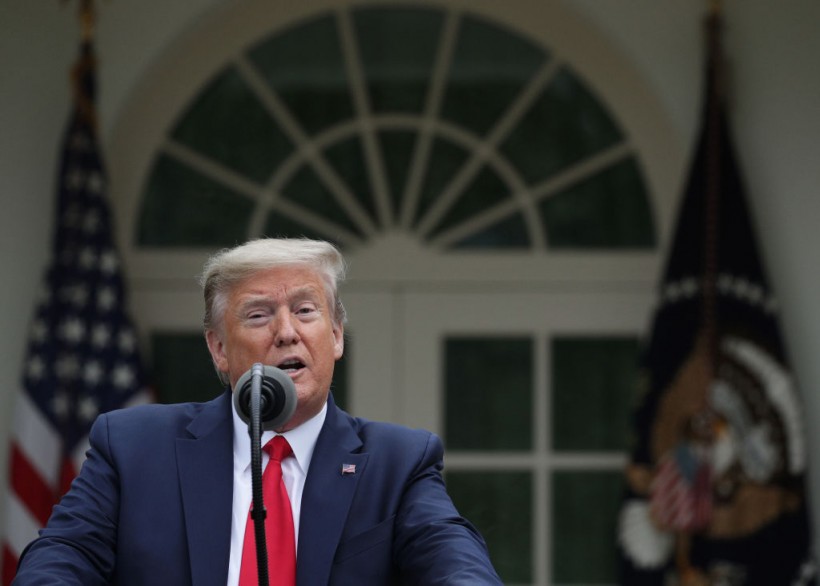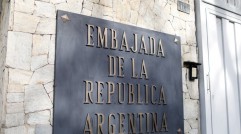Trump Makes His Move to Withdraw US From WHO

U.S. President Donald Trump has formally notified the United Nations (UN) and Congress of his intentions to pull the United States out from the World Health Organization (WHO) amid the co ronavirus pandemic.
The entire process could last at least a year before the withdrawal takes effect.
Trump made this announcement in late May. He accused the WHO of being under China's influence during the coronavirus disease 2019 (COVID-19) pandemic.
Trump said he would withdraw out of the health organization and realign funds elsewhere.
UN secretary-general spokesperson Stéphane Dujarric confirmed the U.S. notification withdrawal. The withdrawal is valid on 6 July 2021.
Former U.S. Vice President Joe Biden said he would reverse the decision once he is elected President.
"Americans are safer when America is engaged in strengthening global health. On my first day as President, I will rejoin the WHO and restore our leadership on the world stage," Biden announced on Twitter.
BBC News reported that a senior U.S. administration official had said the reforms that it wanted WHO to make. The health organization refused.
"Because they have failed to make the requested and greatly needed reforms, we will be today terminating our relationship," the official was quoted in a report.
U.S. Withdrawal Implications
WHO has been in charge of some of the public health changes in the 20th Century. The U.S. has all been the organization's biggest sponsor.
Around 15-percent of the WHO's latest funding cycle was from the U.S. contributions, which cost $893 million.
The withdrawal of the U.S. from the health organization would create questions about economic efficiency.
Trump's announcement affected the WHO's operation.
WHO director of planning resource coordination and performance monitoring Imre Hollo said the negotiations for new funding are currently on hold.
The WHO also expects to feel the funding gap "more completely in 2021."
If the situation between the U.S. and the WHO does not change soon, WHO's funding would be into two types. These are "assessed" and "voluntary" contributions.
Assessed contributions are the fees the country pays to be a member of the WHO, as determined by each country's gross national income, population, and debt.
The U.S. has got the world's most substantial invoice at about $237 million during the WHO's 2018-2019-funding cycle.
On the other hand, voluntary contributions can be set aside by the giver for specific uses. An example of this was when the U.S. has set aside $166 million for polio eradication during 2018-19.
According to a Time report, the U.S. also makes up for over 40-percent of the WHO's budget to "increase access to essential health and nutrition service,"
The U.S. scientists and public health officials would off from funding some of the most critical global health communication channels.
"Not all of the data from China was public. It was shared among the WHO member states initially before it was put out in public bulletins," Center for Global Development executive vice president Amanda Glassman stated in a report.
Glassman added that the U.S. must cooperate with other nations to maintain Americans' safety from global health threats.
Coronavirus Cases in the U.S.
The current number of confirmed cases of COVID-19 in the U.S. is around 3 million. Out of this, approximately 908,00 have recovered.
The number of deaths is around 133,000.
More than 40 states are experiencing an increase in COVID-19 cases. Governors of several states have stopped opening their economies.
The states with the most number of confirmed cases are New York, California, Florida, Texas, and New Jersey.
Read related articles:
Subscribe to Latin Post!
Sign up for our free newsletter for the Latest coverage!














